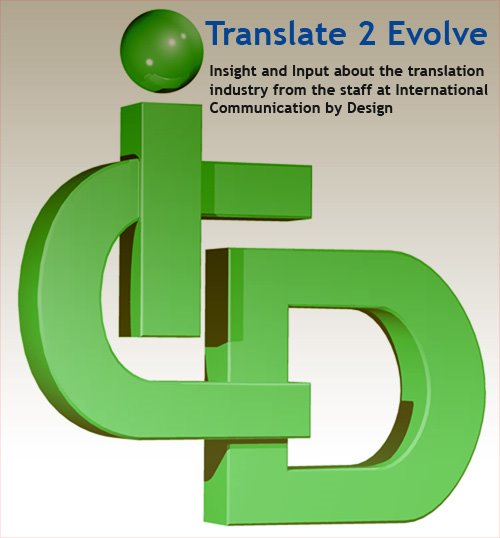
I was watching CNN this morning and they were talking about a new book (I don't remember the title), but it was about language and education and how cultural barriers are being broken. As they were talking, one of the highlights appeared on the bottom of the screen: "How Language Crashed a Plane?" That immediately caught my attention, and I listened intensely to the reporting. Apparently, there was a plane crash involving a Korean Airlines flight a few years ago (I tried searching for the story, but it seems Korean Air has a checkered history of airplane crashes and problems, and there were countless crashes. They've improved since the late 90's though. I was on a Korean Airlines flight last October, and it was actually really nice, service was great, all the booze you can drink etc.) Anyway, the reason this particular plane crashed was due to a disagreement between the pilot and co-pilot on the way to solve a problem with landing the plane, and to make matters worse there was a disagreement with ground control in Korea. This all stemmed from their communications in Korean because Korean is a hierarchical language where honorifics and speech level play and important part in grammar and verbiage used between conversations of people with different status. By status I mean either ones job position, age, and education level.
Allegedly, there was verbiage and tone that was incorrectly used between the co-pilot (lower status), and the pilot (higher status) as they disputed ideas to solve the problem they were encountering. This created an argument, and when the ground control officer got involved it elevated the communication breakdown that had occurred between the pilot and co-pilot. The language hierarchical problem that occurred was a costly life-ending event for Korean Airlines and since that incident, they have enforced the use of English for all instructions and commands on their airplanes. This lesson serves as an important factor when considering the use of language. When you get something translated, quality matters. You need to consider cultural aspect and important tone and verb usage. It's important to understand the culture, and experienced high quality translators are able to understand the culture, and translate appropriately.

